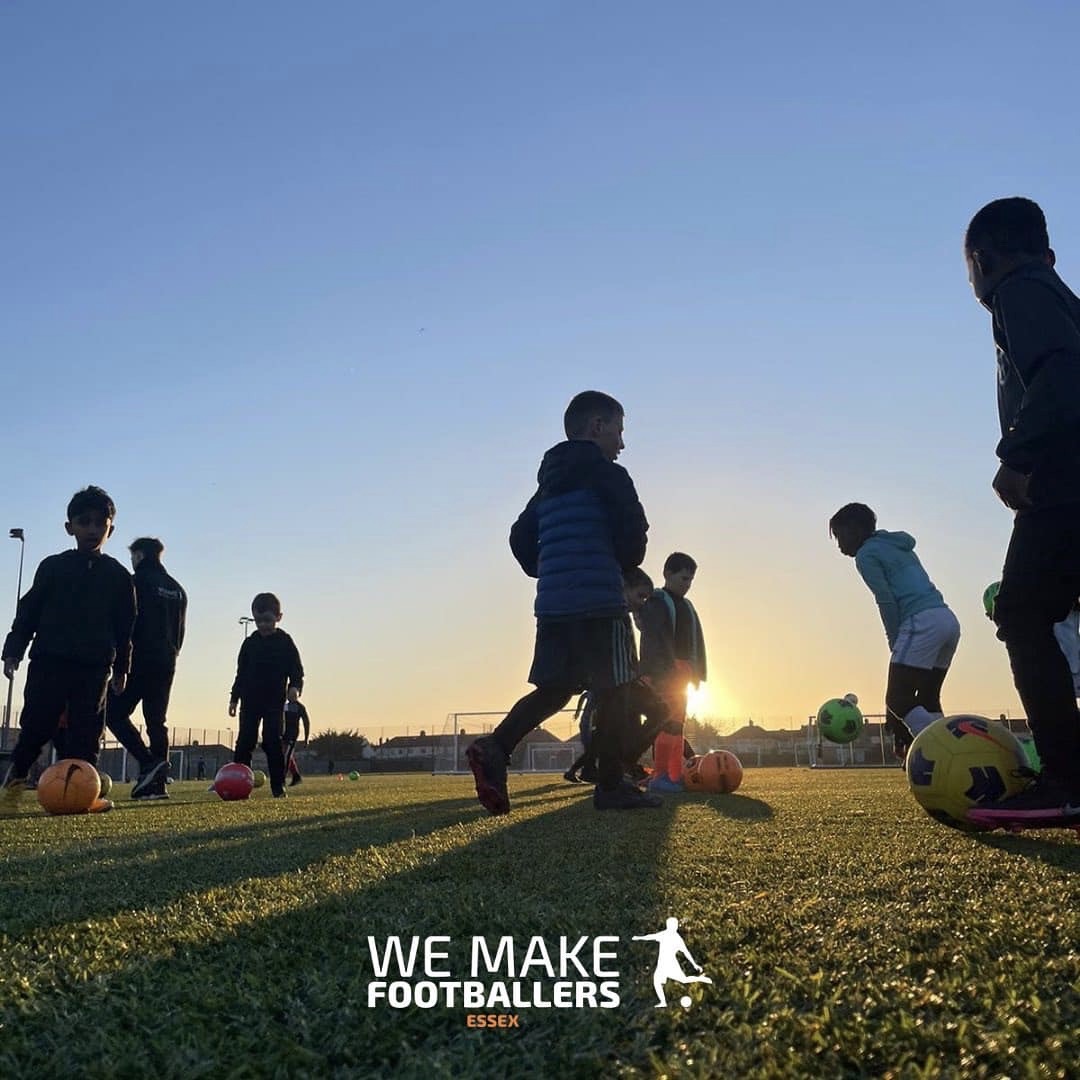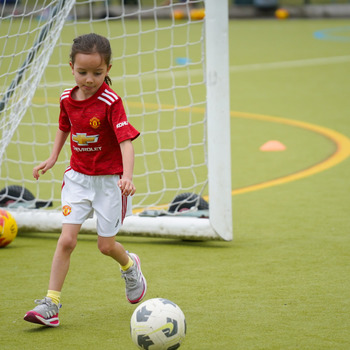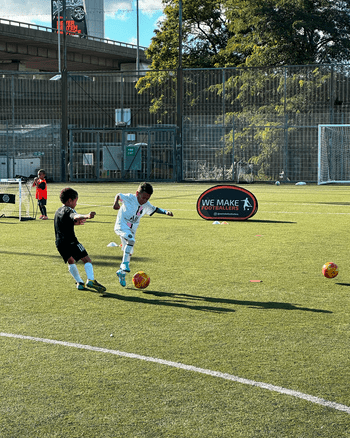Football isn’t just a fun sport for kids to play – it can also help them with them develop life skills which has a huge impact on their time at school.
So, if you’re thinking about signing your children up for football summer holiday camp, here are some of the benefits that they might experience by the time it comes for them to go back to school in September.
Football helps promote a healthy lifestyle
“Healthy body, healthy mind”. It might be one of the most overused phrases we hear these days, but there is still a large amount of truth behind it. Those children who are the healthiest and live active lifestyles give their mental capacities a real boost.
That’s probably the one major benefit of football in terms of helping a child in school. By playing regularly, they’ll be staying fit and healthy. That’s particularly important over the summer months in an age where a lot of kids will settle down on the sofa to play computer games for the majority of the six weeks.
Playing football instead of PlayStation will keep a child’s body and mind healthy and active before the return to school and it also a fun sport.
Football develops communication skills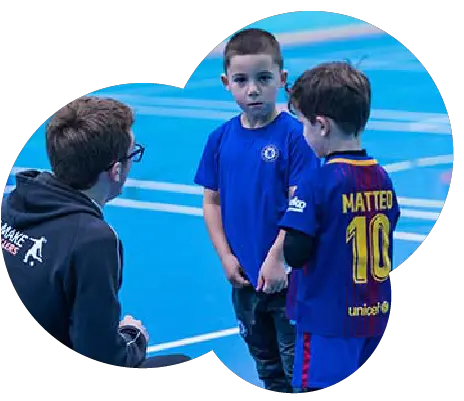
In order to be a good footballer, a player has to be able to communicate effectively with other players and socially engage as part of a group. That can involve something as simple as calling for the ball to telling a teammate that they might be about to be tackled.
On a more advanced level, it involves organising those around them to be in the right positions, giving and receiving instructions, asking questions
in front of a group and listening to tactics handed out by the coach or manager.
By playing football, a child learns the importance of communication. That can be really helpful when it comes to giving ideas and talking to others back in a school environment. Hopefully, you will see a boost in their self-confidence and finding their voice.
Football enhances teamwork and cooperation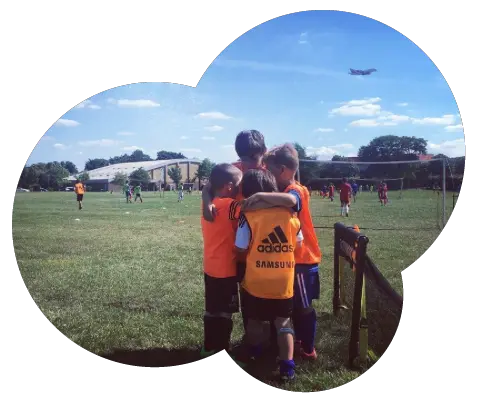
Even the best footballers in the world need good players around them in order to be successful. For all of Lionel Messi’s success with Barcelona, he couldn’t do it without a good team at Camp Nou. The same is true of Cristiano Ronaldo during his time at Real Madrid.
Football teaches children the importance of being part of a team and how to do it successfully. They’ll learn to play together and become more than the sum of their parts, understanding how they can be more effective as a collective unit.
Being part of a team also helps give kids a sense of belonging and encourages them to think of others. A summer of football can send a much more conscientious and rounded child back to the classroom.
Football stimulates social skills
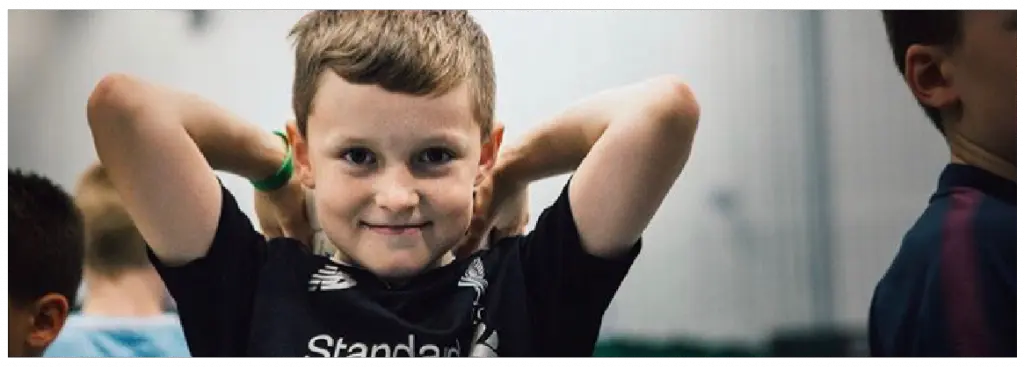
Aside from the actual education side of things, one of the most challenging aspects of school can be the social side. How does your child interact or make friends with others? Do they have trouble fitting in?
Football can help with all of that. There is a reason it is the most popular sport on the planet and if your kids like and play football, they are guaranteed to find like-minded children with a common interest to bond over.
Many lifelong friendships begin in the playground over football. It’s one of the best things about the sport, everyone can play!
Football helps develop decision making and speed of thought
Decision making is a massive part of football. The best players are the ones who consistently making good decisions.
Learning to make good decisions improves a child’s cognitive skills, which can have a huge impact on their ability to learn in the classroom.
There is also the speed at which these decisions on a football pitch have to be taken. A player might have only two seconds in which to decide whether to take a pass, shoot or try and dribble out of danger before they’re swarmed by opponents.
The quicker that your child is able to think and process information, the more they can learn when it comes to schoolwork.
